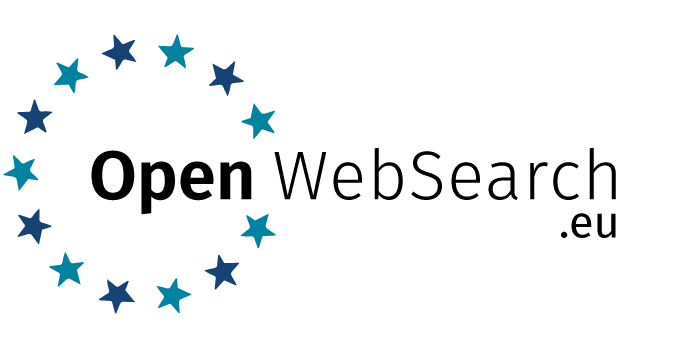Third-Party Call 1: Pre-Announcement
OpenWebSearch.eu
“Piloting a Cooperative Open Web Search Infrastructure to Support Europe’s Digital Sovereignty”
Third-Party Call for Proposals: Call 1 Pre-Announcement
OpenWebSearch.EU will call for proposal to help us building an open and independent Web-index. The call will open on 1st of March 2023 and invites researchers and innovators to submit their applications to join our mission. Applications will be accepted until 30th of April 2023.
The first call consists of two tracks:
- Track 1: Conceptual contributions on legal or economic aspects of Open Search
- Track 2: Technical approaches to legally compliant data acquisition considering societal constraints
The OpenWebSearch.EU project consortium is eager to onboard new third-party project teams in OpenWebSearch.eu landscape and integrate them for future activities for sustainable Research and Development. Therefore, the candidate 3rd-party project should probe the closely related to the topics addressed in the project and should aim at widening and enriching the existing R&D activities as well as suggesting new ones which are complementary to the project goals and aims.
Successful applications can request funding between 25,000 and 120,000 EUR in this first call for a funding period of up to 12 months.
In particular, we are targeting smaller companies (e.g. SMEs, start-ups), individual innovators, individual researchers or research teams (e.g. doctoral or post-doctoral researchers) from renowned universities. Eligible applicants are individuals residing in EU Member States or Horizon Europe Associated Countries or organisations registered in EU Member States or Horizon Europe Associated Countries.



